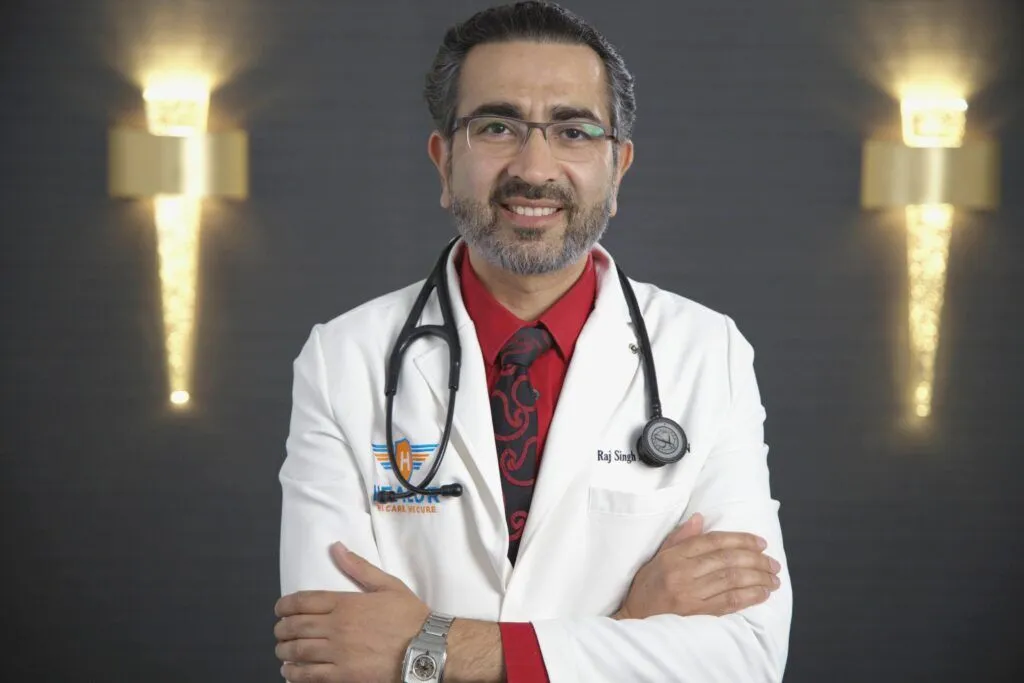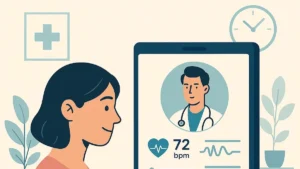
Candidiasis, often known as a vaginal yeast infection, is a common and unpleasant problem affecting many women. These infections are generally caused by an excess of the Candida fungus, most often Candida albicans, which usually inhabits the vaginal region.
While generally not severe, vaginal yeast infections can cause discomfort and disrupt daily life. In this article, we will discuss how vaginal yeast infections are treated, the duration of treatment, prevention strategies, and when it’s essential to consult a healthcare professional.
How Are Vaginal Yeast Infections Treated?
- Over-the-Counter (OTC) medications: The most common and effective way to treat vaginal yeast infections is with over-the-counter antifungal ointments, creams, or suppositories. These medications often contain active ingredients like miconazole, clotrimazole, or tioconazole.
- Prescription medications: Your doctor may decide to switch you to stronger antifungal medicines, such as fluconazole, in more severe or recurrent cases. This oral medication can be more convenient than topical treatments but should only be used as directed by a healthcare professional.
How Long Does Treatment Typically Last?
The duration of treatment for a vaginal yeast infection can vary depending on the severity of the condition and the chosen treatment method. Generally, most uncomplicated yeast infections can be successfully treated with OTC antifungal medications within one to seven days. Depending on the physician‘s recommendations, prescription medications, such as fluconazole, may require a single dose or a longer course of treatment.
It’s crucial to complete the entire treatment course, even if symptoms improve before it’s finished, to ensure the infection is fully cleared. Stopping treatment prematurely can lead to a recurrence of the condition.
Can Yeast Infections Be Prevented?
Preventing vaginal yeast infections is not always possible, as they can be influenced by various factors, including genetics, hormonal changes, and overall health. However, there are several strategies individuals can adopt to reduce their risk:
- Take care of your personal hygiene: Gentle, fragrance-free soap and water should be used to clean the genital region. Harsh douches can damage the delicate vaginal ecosystem, so it’s best to steer clear of them.
- Wear breathable clothing: If you tend to have yeast infections, try switching to cotton undergarments and staying away from tight pants or pantyhose.
- Avoid excessive sugar and high-starch diets: Reducing the intake of sugar and high-starch foods may help prevent yeast infections, as excess sugar can fuel Candida growth.
- Practice safe sex: Yeast overgrowth can be avoided if you take precautions against transmitting diseases, such as by using condoms and maintaining healthy sexual habits.
When Should a Person See Their Doctor About a Yeast Infection?
While most yeast infections can be effectively managed at home, there are situations in which consulting a healthcare professional is advisable:
- Recurrent infections: If you experience multiple yeast infections within a year, it’s essential to consult a doctor. Recurrent infections may indicate an underlying issue that requires further evaluation.
- Severe symptoms: If you have severe symptoms such as intense itching, swelling, redness, or pain, consult a healthcare provider for a proper diagnosis and treatment plan.
- Uncertain diagnosis: If you’re unsure whether your symptoms are due to a yeast infection or another condition, it’s best to seek professional guidance for an accurate diagnosis.
- Pregnancy or other health concerns: Pregnant individuals or those with compromised immune systems should consult their healthcare provider for appropriate treatment and management.
Wrapping Up
Vaginal yeast infections are common and can be effectively treated with over-the-counter or prescription medications. Prevention strategies such as maintaining proper hygiene and a healthy diet can reduce the risk of recurrence. If symptoms persist, worsen, or recur frequently, it’s essential to seek medical advice for proper evaluation and guidance on managing the condition. With the right treatment and prevention measures, individuals can regain comfort and quality of life when dealing with vaginal yeast infections.








